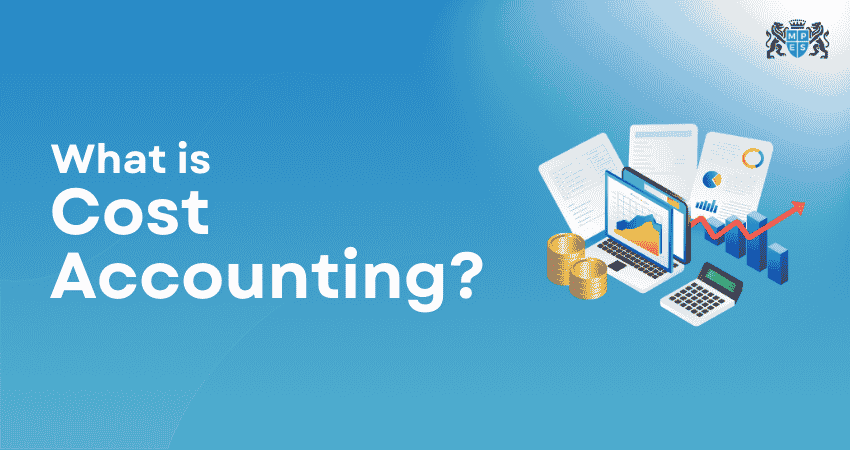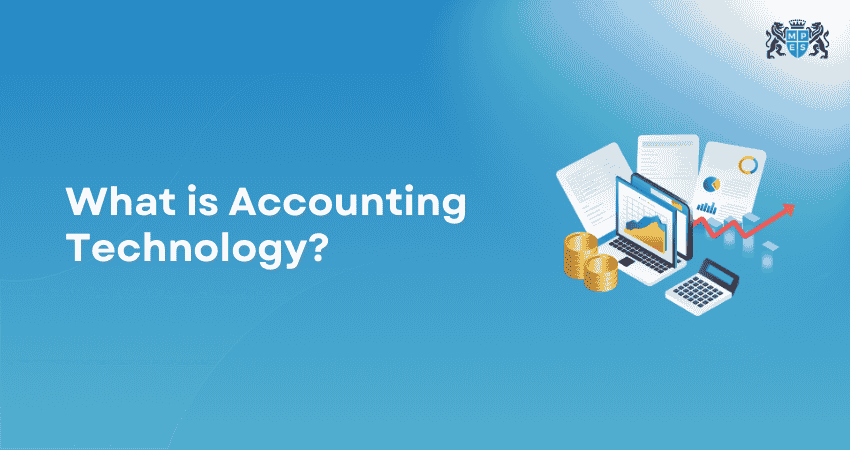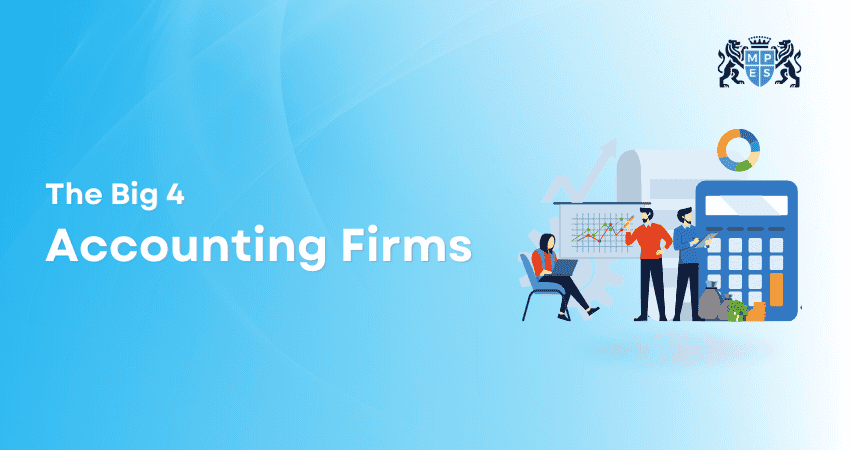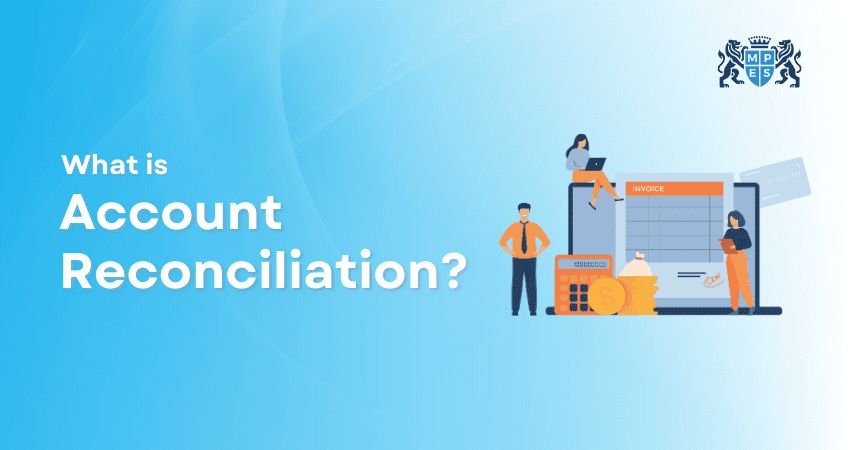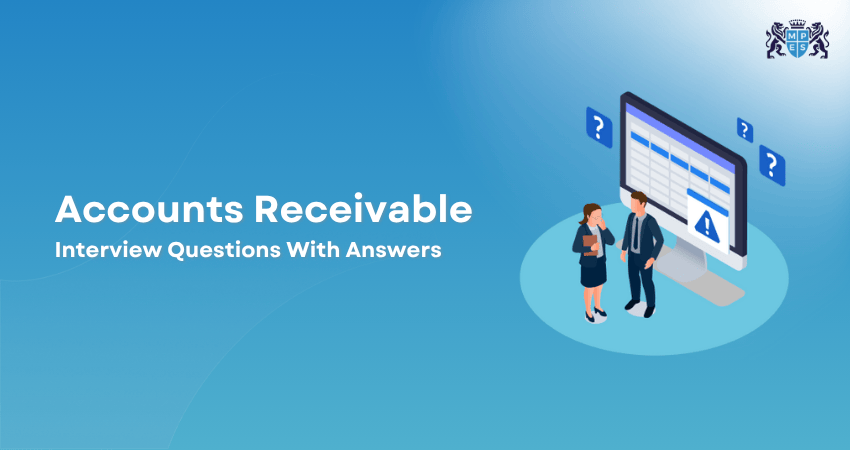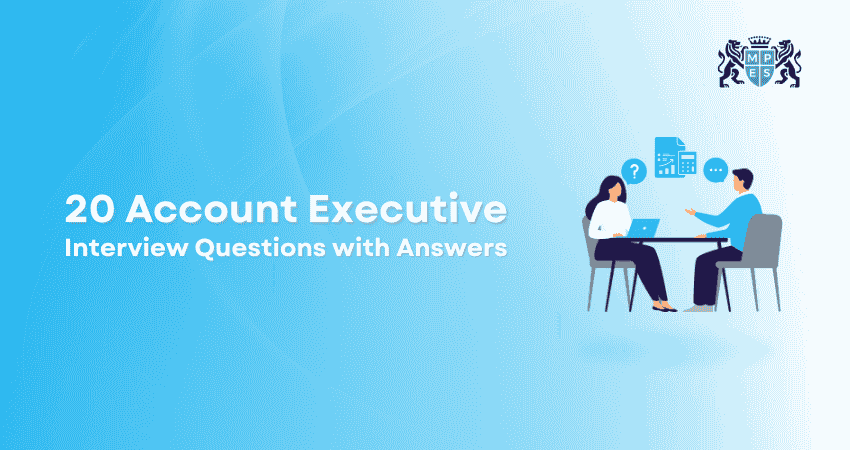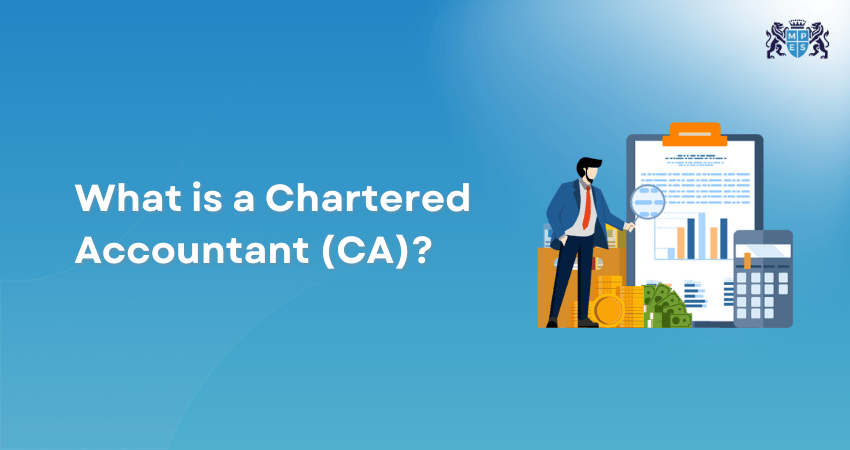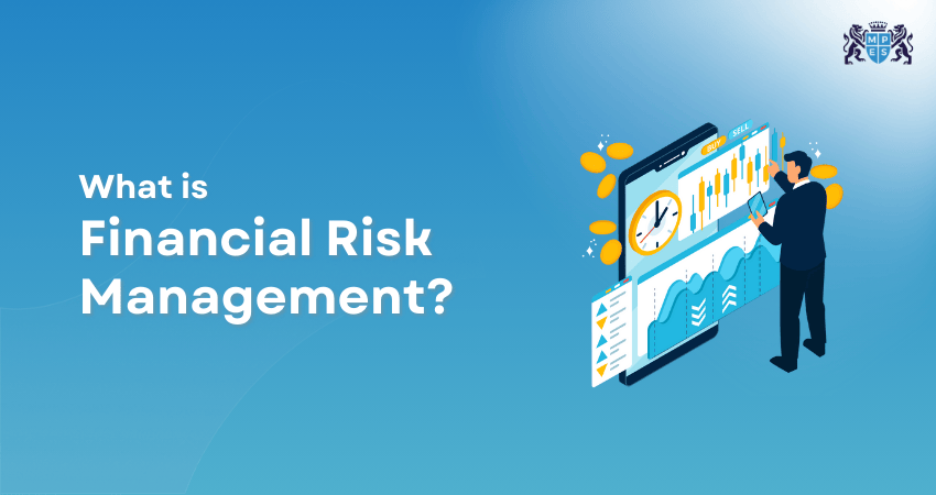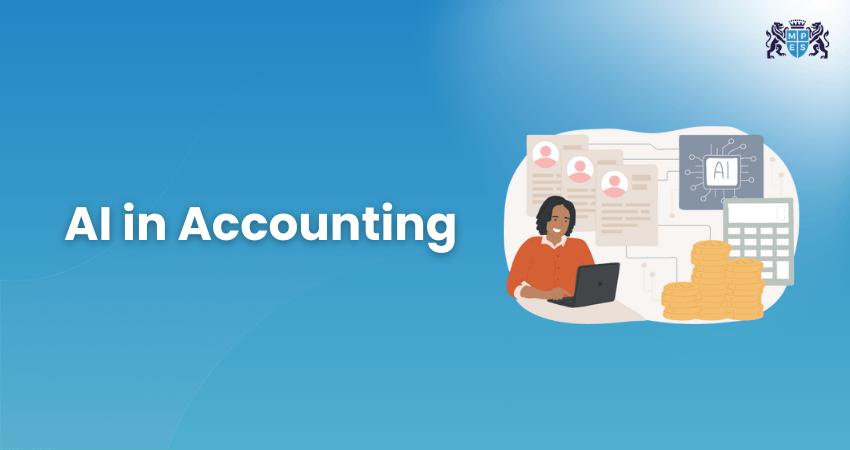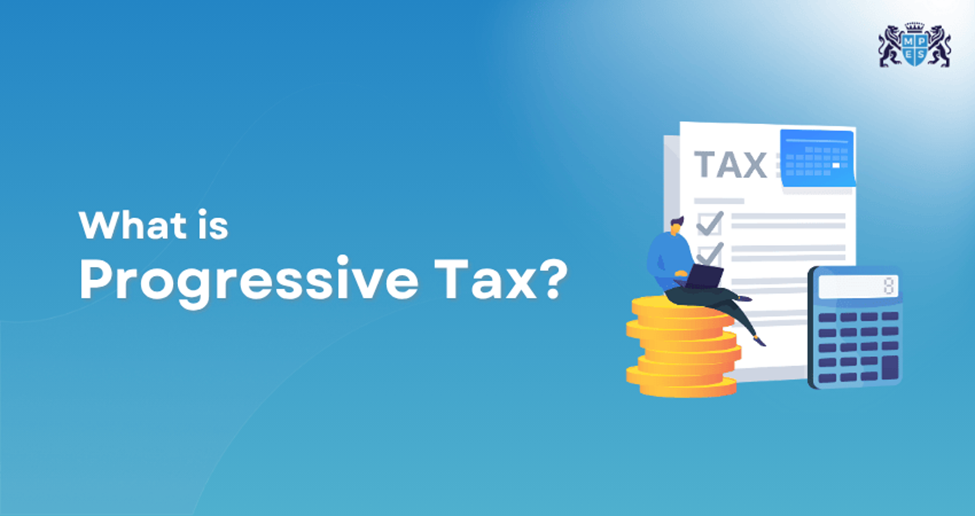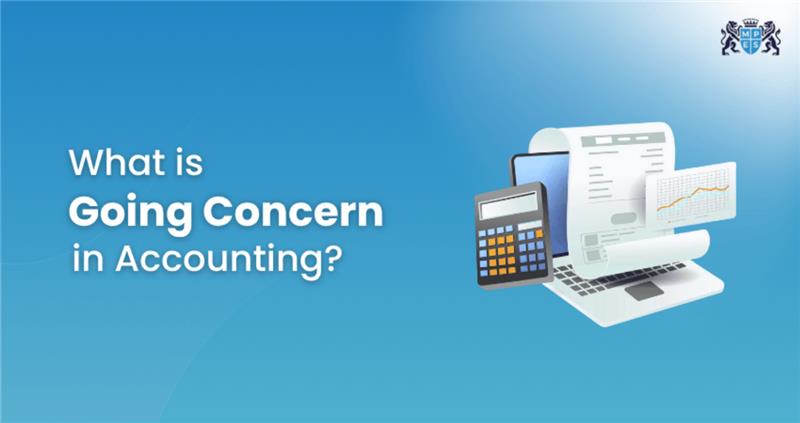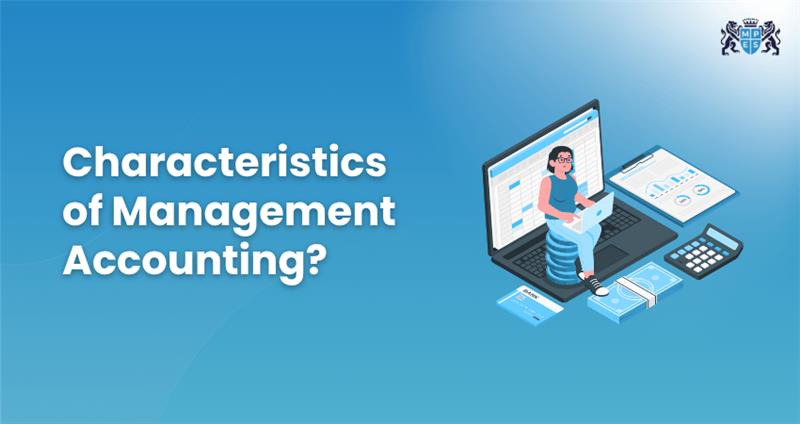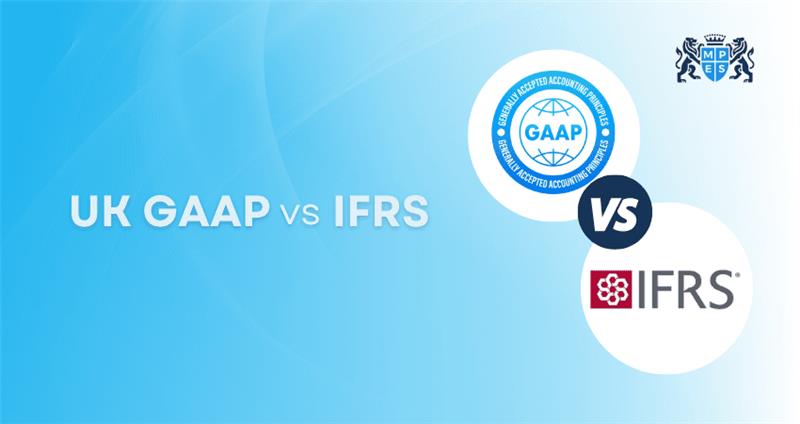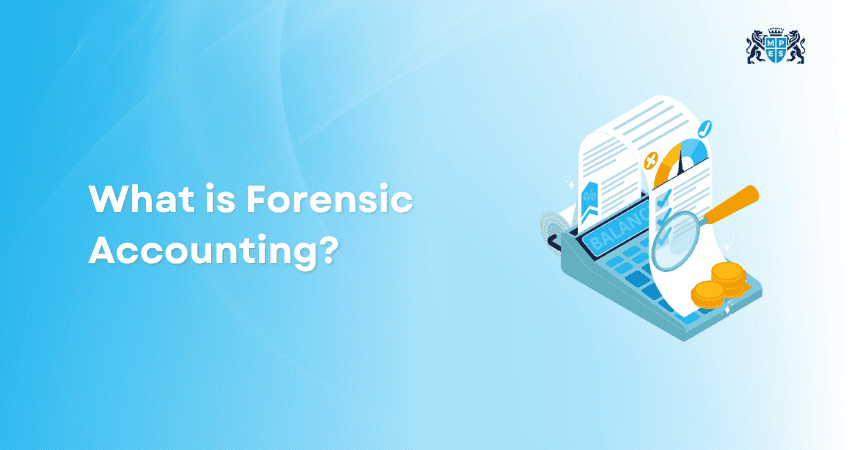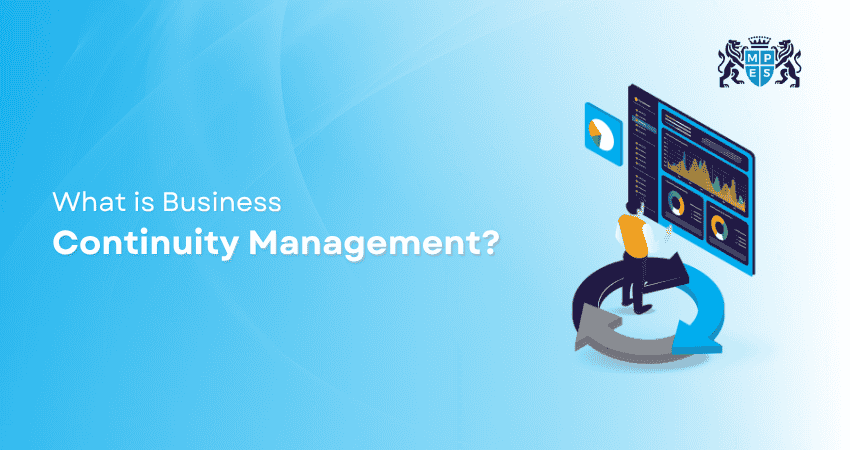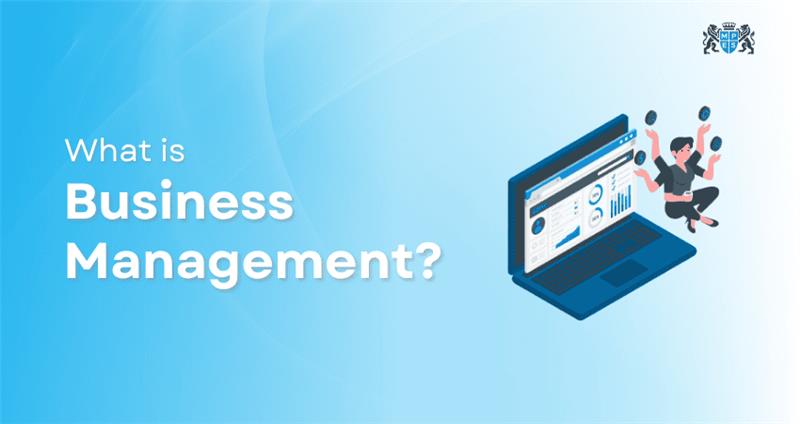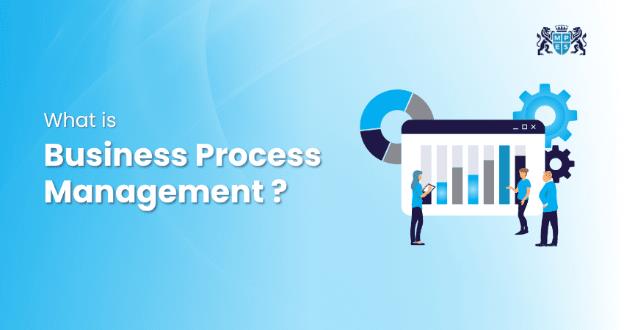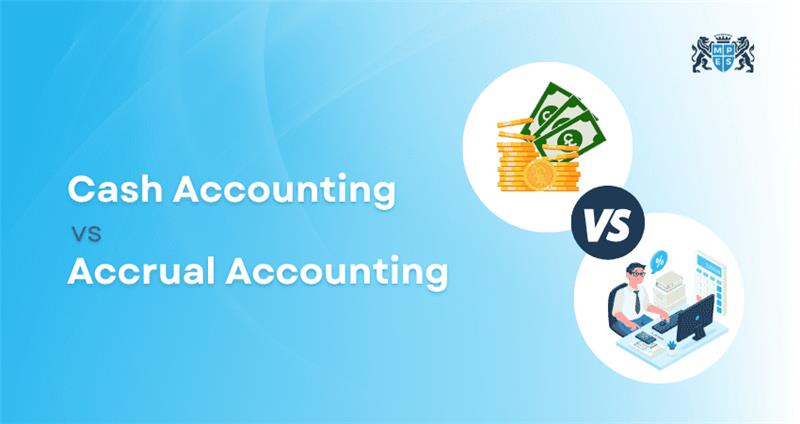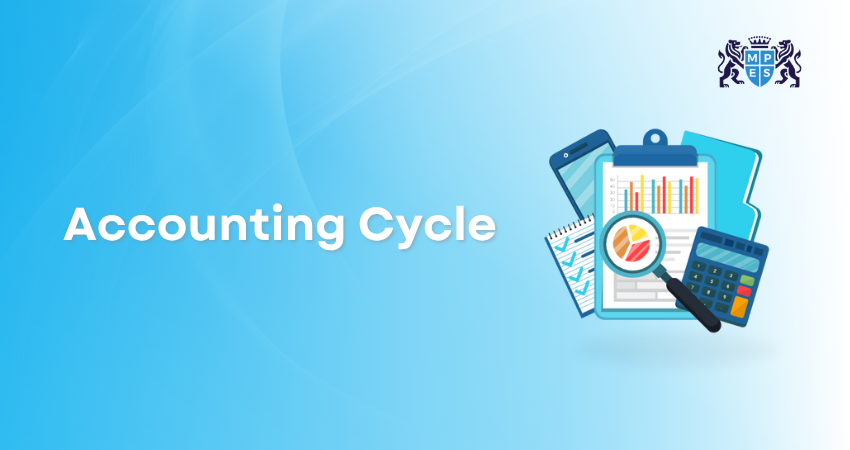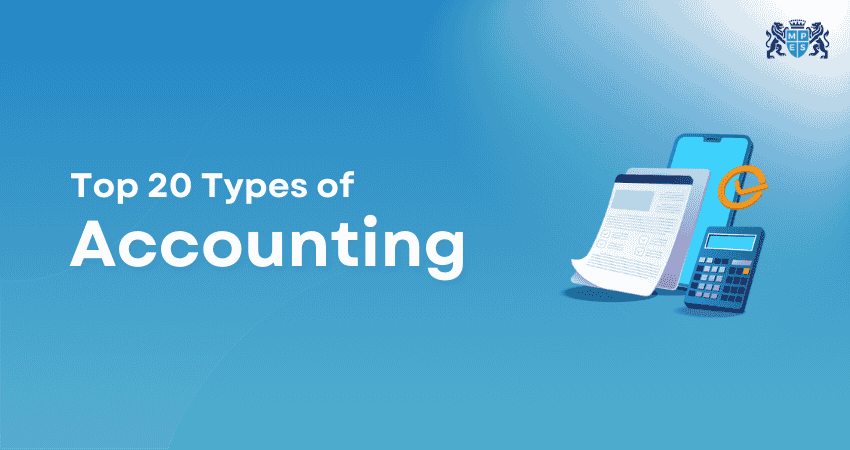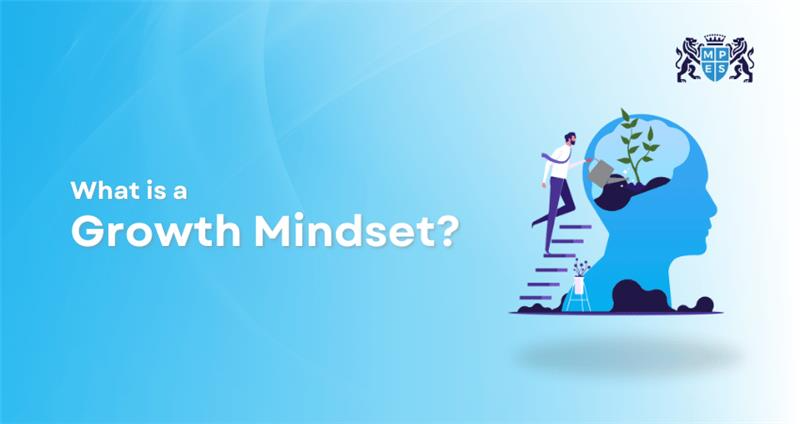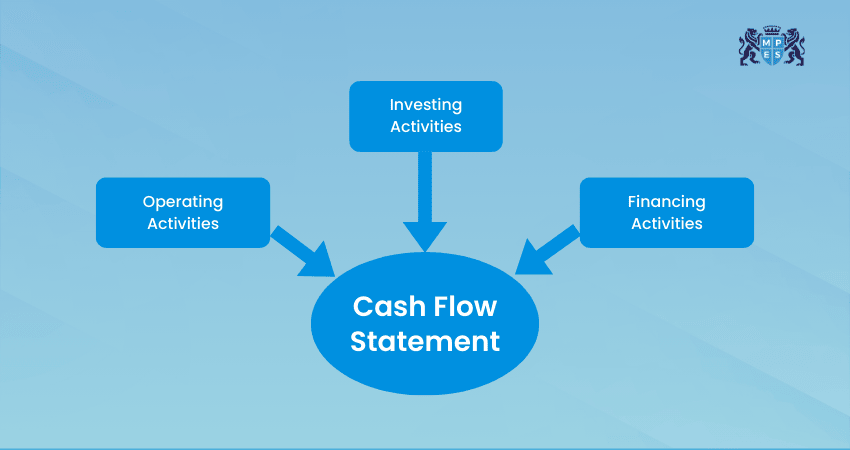Learning Options
- Online Video-Based Learning
- Flexible Schedule
- Expert Trainers with Industry Experience
- High Pass Rates
- 24/7 Personalised Support
- Interactive Learning Materials
- Live Online Classes
- Expert Trainers with Industry Experience
- Live Assessment and Feedback
- Interactive Learning Materials
- Networking Opportunities
- High Pass Rates
Overview
Business continuity is vital in today’s unpredictable environment, where organisations face disruptions from unforeseen crises. The ISO 22301 Lead Auditor Course provides essential skills to audit Business Continuity Management Systems (BCMS) effectively, ensuring operational resilience and sustainability.
Proficiency in ISO 22301 is crucial for Auditors, Compliance Officers, and Managers responsible for safeguarding organisational operations during disruptions. Mastering these skills helps professionals assess and enhance BCMS, ensuring business continuity and protecting organisational reputation in challenging situations.
This 5-day training course by MPES delivers a comprehensive understanding of ISO 22301 principles and auditing techniques. Delegates gain practical insights into conducting effective audits, identifying areas for improvement, and implementing strategies to strengthen organisational resilience and compliance with global standards.
Course Objectives
- To understand the key concepts and principles of ISO 22301
- To learn how to plan and conduct ISO 22301 audits effectively
- To identify non-conformities and assess compliance with standards
- To report audit findings and recommend corrective actions
- To evaluate an organisation’s business continuity management system
- To develop strategies to enhance business continuity practices
- To gain insights into industry best practices in business continuity
- To prepare for real-world challenges in BCMS auditing
Upon completing the course, delegates will be equipped with the knowledge and skills to conduct ISO 22301 audits confidently. They will be prepared to assess organisational compliance, address gaps in business continuity, and implement measures to ensure resilience against disruptions.

Average completion time
5 Month
with unlimited support
100% online
Start anytime
Study At Your Own PaceCourse Includes
Course Details
Develop your understanding of essential financial, business and management accounting techniques with ACCA Applied Knowledge. You'll learn basic business and management principles and the skills required of an accountant working in business.
Entry Requirements
- Educational Background: A secondary degree or equivalent is recommended.
- Work Experience: While prior experience in business continuity or auditing is beneficial, it is not mandatory.
- Language Proficiency: Learners should have a good command of English as course materials and certification exams are conducted in English.
Learning Outcomes
- Develop expertise in ISO 22301 principles and auditing methodologies.
- Learn to plan, conduct, and report on BCMS audits effectively.
- Acquire the ability to identify and address non-conformities in BCMS.
- Enhance communication and stakeholder engagement during the auditing process.
Target Audience
- Auditors
- Compliance Officers
- Risk Managers
- Business Continuity Professionals
- Operations Managers
- Quality Assurance Specialists
The ISO 22301 Lead Auditor Training Course is tailored for professionals aiming to advance their expertise in auditing and business continuity. Below are the individuals who will benefit from this course:
Course content
- What is BCMS?
- Management Systems
- What is a Business Continuity Management System?
- BCM System Process
- Business Continuity Management (BCM)
- BCMS Benefits
- Business Continuity Management Lifecycle
- Applicability and Objectives
- Overview
- Fundamental Principles
- Build a Comprehensive Plan
- Implement Each Step of the Action Plan
- Check and Evaluate Results
- Review and Make Improvements
- Business Continuity
- Introduction
- Clauses of ISO 22301
- Clause 4 – Context of the Organisation
- Clause 5 – Leadership
- Clause 6 – Planning
- Clause 7 – Support
- Clause 8 – Operations
- Introduction to ISO 22301
- 22301 Standard
- 22301 Standard Progression
- 22301 High-level Methodology
- Implementation Cycle Times
- Clause 4.2.2
- Clause 4.3
- Clause 5.3
- Clause 6.2
- Clause 7.2
- Clause 7.4
- Clause 8.2.1
- Clause 8.2.2
- Clause 8.2.3
- Clause 8.4.1
- Clause 8.4.2
- Clause 8.4.3
- Clause 8.4.4
- Clause 8.4.5
- Clause 9.1.1
- Clause 9.3
- Clause 10.1
- Leadership and Commitment
- Establishing the Business Continuity Policy
- Communicating the Business Continuity Policy
- Overview
- Impediments to Success
- Aids to Success
- Management Support
- Identification of Requirements
- Business Continuity Policy and Objectives
- Support Documents for Management System
- Risk Assessment and Treatment
- Business Impact Analysis
- Business Continuity Strategy
- Business Continuity Plan
- Training and Awareness
- Documentation Maintenance
- Exercising and Testing
- Post-Incident Reviews
- Communication with Interested Parties
- Measurement and Evaluation
- Internal Audit
- Corrective Actions
- Management Review
- Continual Improvement
- BCMS Control System
- Areas of Continual Improvement
- Introduction to Audit
- Fundamental Principles
- Internal Auditing
- Scope
- PDCA Cycle
- What are the Roles?
- Organisational Context
- Management Responsibilities
- Planning, Support, and Operation
- Performance Evaluation
- Improvement
- Internal Auditing
- Roles and Responsibilities
- Typical Internal Audit
- Internal Auditing Goals
- Qualities of an Auditor
- Auditing Skills
- 22301 Mission
- Key Benefits of BCMS
- BCMS Audit Process
- Elements of an Internal Audit
- Internal Audit Process
- Required Documentation
- Supporting Procedural Documentation
- Required Records and Documentation
- Fraud Triangle
- Tackling the Fraud Triangle
- Classifying Audit Findings
- On-Site Auditing
- Remote Auditing Methods
- Steps to Certification
- Certification Audits
- Overview
- BCM Policy
- Management Commitment
- Plan How to Deal with an Emergency
- Impediments to Success
- Disaster Recovery
- Planning a BCMS
- Steps to Plan a BCMS
- Communication
- Writing a Scenario
- Delivering the Scenario
- Implementing a BCMS
- Business Impact Analysis
- Risk Assessment
- Risk Assessment Methodologies and Implementation
- Risk Treatment Implementation
- Overview
- Incident Management
- Emergency Management
- Key Elements of Crisis Management Respond Process
- Introduction to Operations Management of a BCMS
- General
- Identification of Strategies and Solutions
- Selection of Strategies and Solutions
- Resource Requirements
- Implementation of Solutions
- General
- Response Structure
- Warning and Communication
- Business Continuity Plans
- Recovery
- Evaluation of Business Continuity Documentation and Capabilities
- Performance Evaluation, Monitoring, and Measurement of a BCMS
- Key Performance Indicators (KPI)
- Identifying Indicators of an Organisation
- Critical Success Factors (CSFs)
- Writing an Effective Critical Success Factor
- CSFs for Strategic Planning
- Performance Evaluation
- Case Study: Telefonica
- Cutting Complexity
- Taking Actions
- Development of Metrics
- KPI Dashboards
- Steps to Create KPI Dashboards
- Internal Audit
- Introduction to Management Review
- Purpose of Management Review
- Management Review Input
- Management Review Outputs
- Nonconformity and Corrective Action
- Continual Improvement
- Lifelong Learning
- Tone from the Top
- Let’s have a Plan
- Second Opinion
- Catching up
- Takeaway
- BCMS Certification Audit
- Choose a Certification Body
- Certification Audits
- Surveillance Visits
- Development of a BCMS
- Steps for Development of a BCMS
- Business Continuity Policies
- Conducting an Audit
- Core Audit Principles and Concepts
- Evidence and Risk
- Preparation of an Audit
- BCMS Documentation Audit
- Opening Meeting
- Communication During the Audit
- Audit Actions
- Findings from the Audit
- Introduction
- Management Audit Procedure
- Improvement Analysing
- Data Analyses
- Root Cause Analysis
- Reporting Skills
- Components of the Documentation
- Supporting Procedural Documentation
- Closing Meeting
- Assessing Corrective Action Plans
- ISO 22301 Surveillance Audit
- Internal Audit Management Programme
- Second Party Audits
Module 1: Introduction to Business Continuity Management Systems
Module 2: Scope of a BCMS
Module 3: Fundamental Principles and Concepts of Business Continuity
Module 4: Clauses 4 to 8 of ISO 22301
Module 5: Overview of ISO 22301 Standard
Module 6: BCM Mandatory Documents
Module 7: Leadership
Module 8: Management Roles and Responsibilities
Module 9: Implementation Phases of the ISO 22301 Framework
Module 10: Continual Improvement of a BCMS
Module 11: Audit
Module 12: Auditing Principles
Module 13: Auditing Roles
Module 14: Roles and Responsibilities of the Auditor
Module 15: Skills of an Internal Auditor
Module 16: Purpose of Internal Auditing
Module 17: Audit Procedures
Module 18: Audit Triangle
Module 19: Auditing Techniques
Module 20: Work Document Approach
Module 21: Business Continuity Control Best Practice
Module 22: Planning a Business Continuity Management System (BCMS)
Module 23: Implementation of Business Continuity and Writing Procedures
Module 24: Business Impact Analysis (BIA) and Risk Assessment
Module 25: Incident Management and Emergency Management
Module 26: Operations Management of a BCMS
Module 27: Business Continuity Strategies and Solutions
Module 28: Business Continuity Plans and Procedures
Module 29: Performance Evaluation, Monitoring, and Measurement of a BCMS
Module 30: Development of Metrics, Performance Indicators, and Dashboards
Module 31: Internal Audit and Management Review of a BCMS
Module 32: Improvement and Implementation of a Continual Improvement Program
Module 33: Preparing for a BCMS Certification Audit
Module 34: Development of a BCMS and Business Continuity Policies
Module 35: Purpose of Management Review
Module 36: Directing an ISO 22301 Audit
Module 37: Manage Auditing Teams, Improve Analysing, and Reporting Skills
Module 38: Directing an ISO 22301 Audit
MPES Support That Helps You Succeed
At MPES, we offer comprehensive support to help you succeed in your studies. With expert guidance and valuable resources, we help you stay on track throughout your course.
- MPES Learning offers dedicated support to help you succeed in Accounting and Finance courses.
- Get expert guidance from tutors available online to assist with your studies.
- Check your eligibility for exemptions with the relevant professional body before starting.
- Our supportive team is here to offer study advice and support throughout your course.
- Access a range of materials to help enhance your learning experience. These resources include practice exercises and additional reading to support your progress.
Career Growth Stories
Discover how MPES Learning transforms careers with real success stories.

Arvy Pasanting

As a qualified accountant, studying at MPES has been a very rewarding experience. Its team of passionate and dedicated mentors gave me the confidence and knowledge I needed to not just excel at my current role as an auditor, but also inspired me to expand my horizons.
Arvy Pasanting
David Ford

I was recommended MPES after searching for a way to pursue a career in the accounting profession, I have studied with them throughout my journey utilising both their “in class” and online learning opportunities that fit around the needs of my employer, I have found them to be consummate professionals delivering first class accounting courses with support always available.
David Ford
Aaron Allcote

As a finance officer, MPES has been a huge help in understanding the process of recording and processing transactions from all different perspectives. The courses are very easy to follow, and the training they provide can be applied to real-life scenarios. The courses have been a huge help for me, and I would highly recommend them.
Aaron Allcote
Bob Beaumont

I completed all of my ACA studies with MPES and I think you would struggle to find a better training provider anywhere in the British Isles. MPES' tutors are excellent both at delivering training and giving individualised feedback and coaching. the supporting materials and the out of class support are also great.
Bob Beaumont
George Evans

The Financial Risk Management Course at MPES was invaluable in deepening my understanding of risk assessment and mitigation strategies. The hands-on learning approach allowed me to apply new concepts directly to my work. I highly recommend it for professionals in finance.
George Evans
James Robinson

As a financial consultant, I am always seeking ways to enhance my expertise. The Investment Analysis Course at MPES exceeded my expectations, offering practical skills and knowledge that I can apply immediately in my consulting work. It's an outstanding choice for professionals in finance.
James Robinson
Laura Bennett

The Corporate Finance Course I attended at MPES was transformative. The depth of knowledge shared by the instructors and the relevance of the topics covered have directly impacted on our financial strategy. I strongly endorse this program for anyone in a leadership position in finance.
Laura Bennett
Emma Johnson

The Financial Modeling and Valuation Course at MPES was incredibly insightful. The practical applications and real-world examples helped solidify my understanding of complex concepts. I highly recommend this course to anyone looking to enhance their financial acumen.
Emma JohnsonHave Questions? We’ve Got You
If you have any questions, we’re here to help. Find the answers you need in the MPES detailed FAQ section.
Q. What is the purpose of the ISO 22301 Lead Auditor Course?
This course equips delegates with the
knowledge and skills to audit Business Continuity Management Systems (BCMS),
ensuring organisations can manage disruptions effectively and maintain
operational resilience in compliance with ISO 22301 standards.
Q. Who is this course suitable for?
This course is ideal for Auditors, Compliance
Officers, and Managers tasked with ensuring business continuity. It is also
beneficial for professionals looking to enhance their expertise in BCMS
auditing and organisational resilience.
Q. What will I learn during the training?
Delegates will gain a comprehensive understanding of ISO 22301 principles, auditing techniques, compliance assessment, and strategies for strengthening organisational resilience against disruptions and unforeseen events.
Q. How long is the training, and what does it include?
This intensive 5 days course provides a focused exploration of ISO 22301 auditing practices, covering planning, conducting audits, identifying non-conformities, and implementing corrective actions for effective business continuity management.
Q. Will I receive a certificate after completing the course?
Yes, delegates will receive a certificate confirming their participation and acquired skills, demonstrating their readiness to lead and conduct ISO 22301 audits effectively and enhance business continuity practices.
Related Courses
Explore additional courses designed to complement your learning journey and enhance your professional skills. Expand your knowledge with these expertly curated options tailored to your career goals.



Resources
Access a wide range of free resources to support your learning journey. From blogs to news and podcasts, these valuable guides are available at no cost to help you succeed.
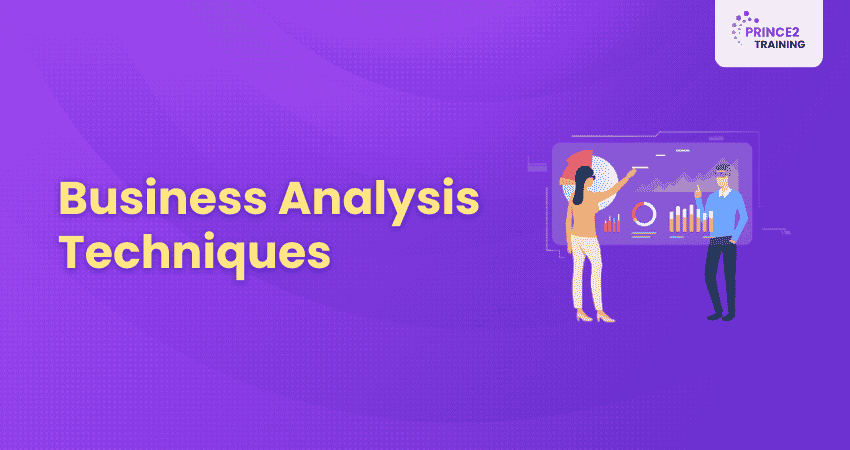
Top 15 Effective Business Analysis Techniques to Achieve Success
Veronica Davis14-Jan-2025
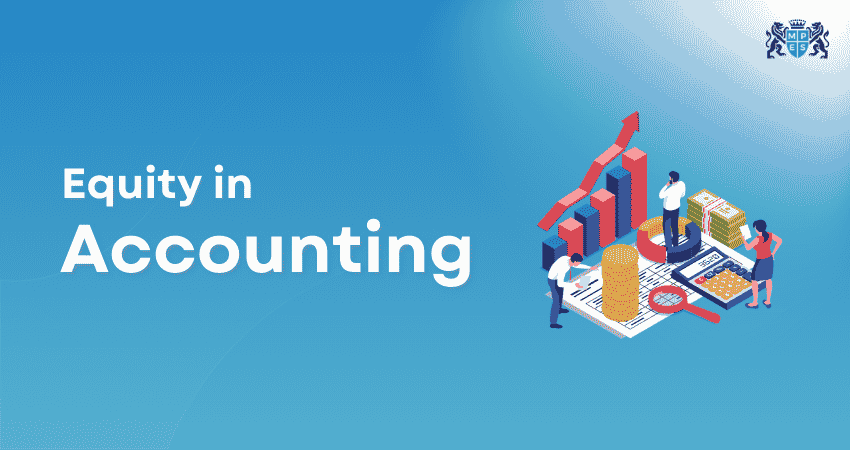
Equity in Accounting: Meaning, Components & How to Calculate it
Maria Thompson10-Jan-2026
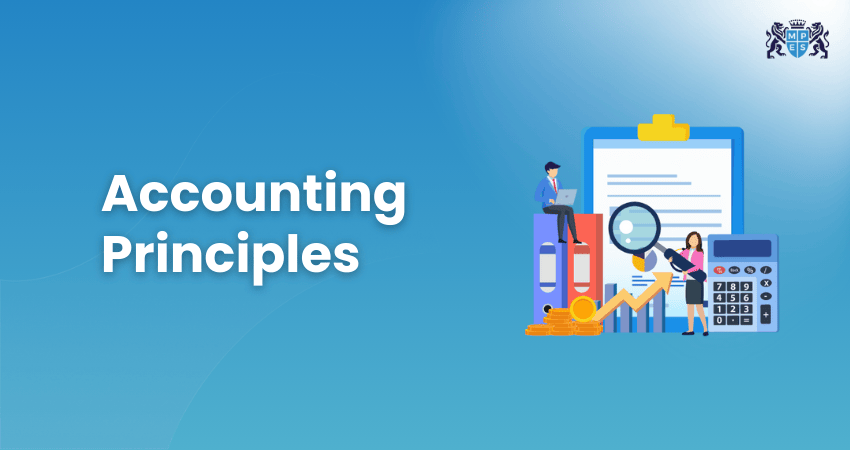
Accounting Principles: Definition, Types, Importance, and Benefits
Grace Mitchell22-Sep-2025
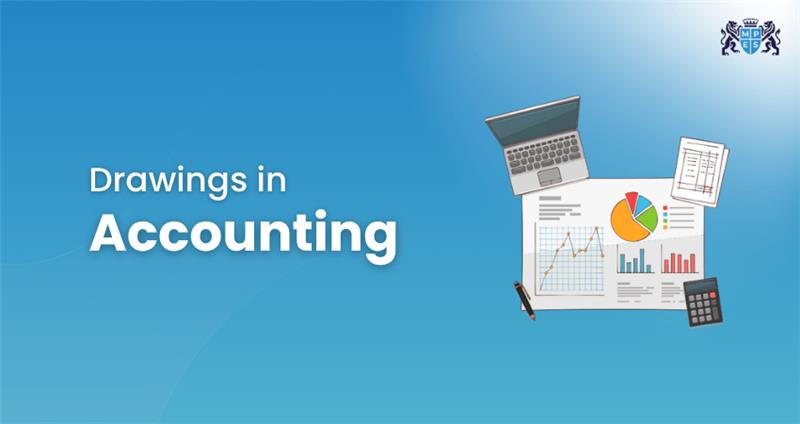
Drawings in Accounting: Definition, Characteristics, and Examples
Maria Thompson21-Jul-2025

The Best Accounting and Finance Books for Professionals and Students
Maria Thompson07-Jul-2025

Activity-Based Costing (ABC): Definition, Benefits & Limitations
Maria Thompson16-Jun-2025

Job Shadowing: How it Benefits Teams via Observational Learning
Maria Thompson13-Jun-2025

Deferred Revenue: Definition, Liability Risks & Examples Explained
Maria Thompson10-Jun-2025

18 High Income Skills to Master in 2026 for Great Profitability
Maria Thompson26-May-2025

AI in Workplace: Benefits & Examples Shaping the Future of Work
Maria Thompson20-May-2025

15 Reasons Why to Become an Accountant: Benefits & Career Growth
Maria Thompson14-May-2025

How to Motivate Yourself: 20 Powerful Tips for Self-improvement
Maria Thompson12-May-2025
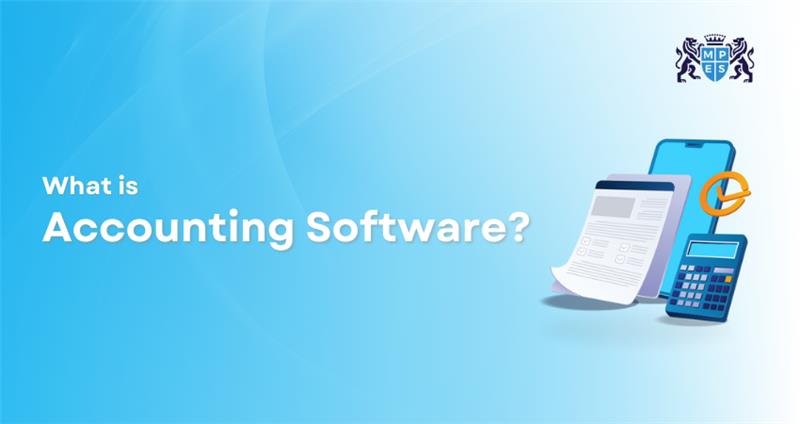
What Is Accounting Software? Features, Types & Benefits Explained
Maria Thompson07-May-2025

Cyber Security for Business: Meaning, Importance & Tips Explained
Maria Thompson02-May-2025

What is Bookkeeping, Its Importance and How to Become a Bookkeeper
Maria Thompson28-Apr-2025

Freelancing vs Full-Time Employment: Choosing the Right Career Path
Maria Thompson25-Apr-2025

What is Financial Reporting: Types, Importance and Uses Explained
Maria Thompson21-Apr-2025
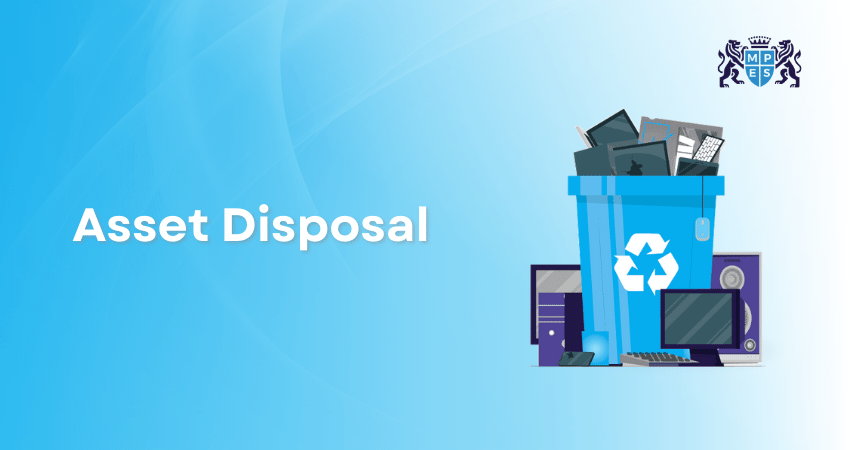
Asset Disposal: Definition, Types, Methods and Examples Explained
Maria Thompson16-Apr-2025

Allowable and Disallowable Expenses in the UK: Explained in Detail
Maria Thompson09-Apr-2025

What is Human Resource Management (HRM)? Principles and Functions
Maria Thompson08-Apr-2025

Navigating Career Transitions with the 10 Steps Framework Guide
Maria Thompson28-Mar-2025

Top 15 IT Soft Skills Every Tech Professional Should Have in 2025
Maria Thompson05-Mar-2025

Trade Payables: Definition, Benefits, Tips, and Examples for Business
Maria Thompson03-Mar-2025

What is Goodwill in Accounting? Importance, Types, and Examples
Maria Thompson11-Feb-2025

Audit vs. Assurance: Definitions, Key Differences & Similarities
Maria Thompson03-Feb-2025

What is DeepSeek R1 Model, and How it Ranks Against OpenAI's o1?
Maria Thompson31-Jan-2025

What Is Cash Basis Accounting? Definition, Example and New Updates
Maria Thompson29-Jan-2025

Corporate Tax Planning: Definition, Types, Strategies, and Benefits
Maria Thompson27-Jan-2025

The Power of Resilience: Strategies to Develop Your Inner Strength
Maria Thompson23-Jan-2025

Financial Accounting vs Management Accounting: What's the Difference?
Maria Thompson22-Jan-2025
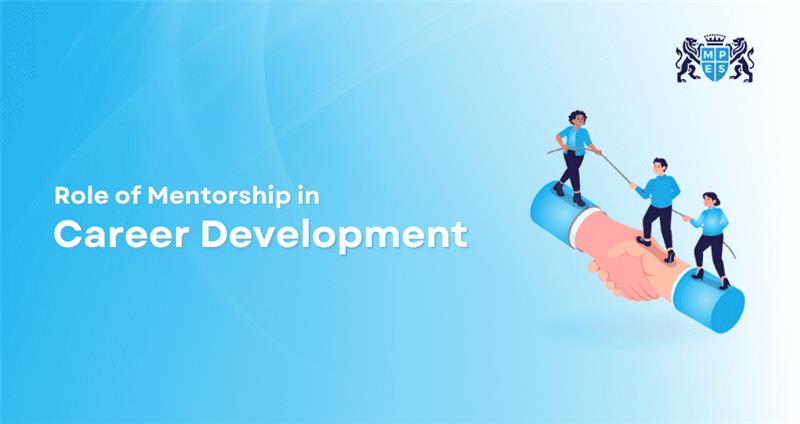
Role of Mentorship in Career Development: A Catalyst for Success
Maria Thompson16-Jan-2025

What is a Stakeholder: Definition, Types and Examples Explained
Maria Thompson13-Jan-2025

15 Reasons You Should Invest in Professional Development: Explained
Maria Thompson03-Jan-2025

What is Corporate Governance: Principles, Models, and Best Practices
Maria Thompson23-Dec-2024

What Is Management Accounting? Types and Key Functions Explained
Maria Thompson18-Dec-2024

Accounting Secrets to Effective Budgeting: Proven Strategies for Creating Effective Budgets
Maria Thompson16-Dec-2024

Financial Accounting in a Remote Work Era: Adapting Key Practices
Maria Thompson12-Dec-2024

Future-ready Accountants: Top Certifications to Bridge Skills Gaps in 2025
Maria Thompson04-Dec-2024
 Have Any Question?
Have Any Question?
 +44 7452 122728
+44 7452 122728






 Back
Back



